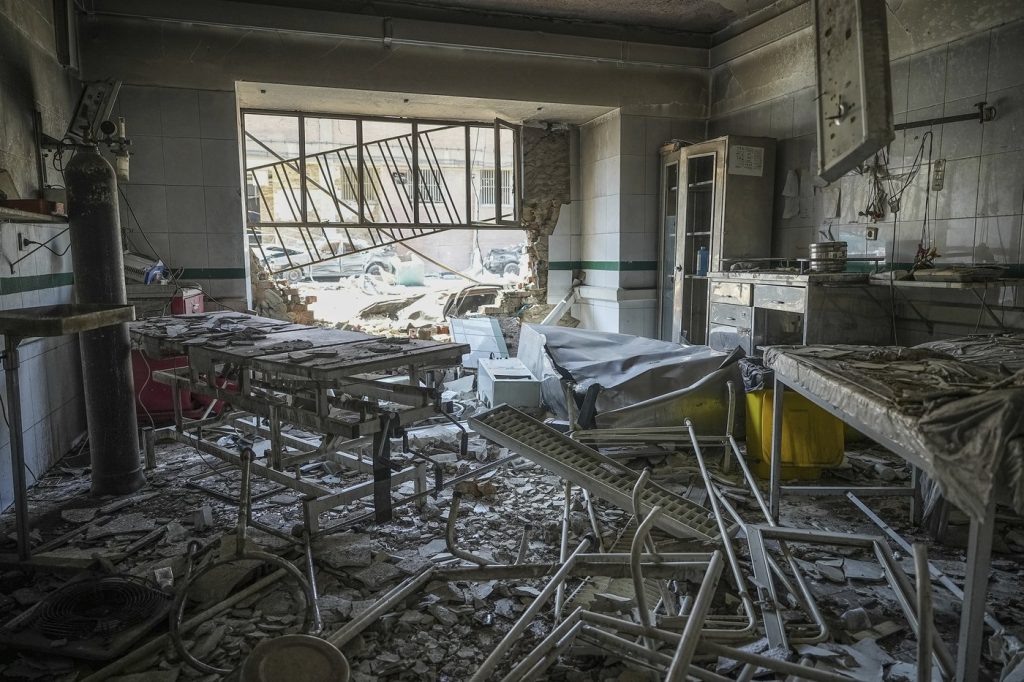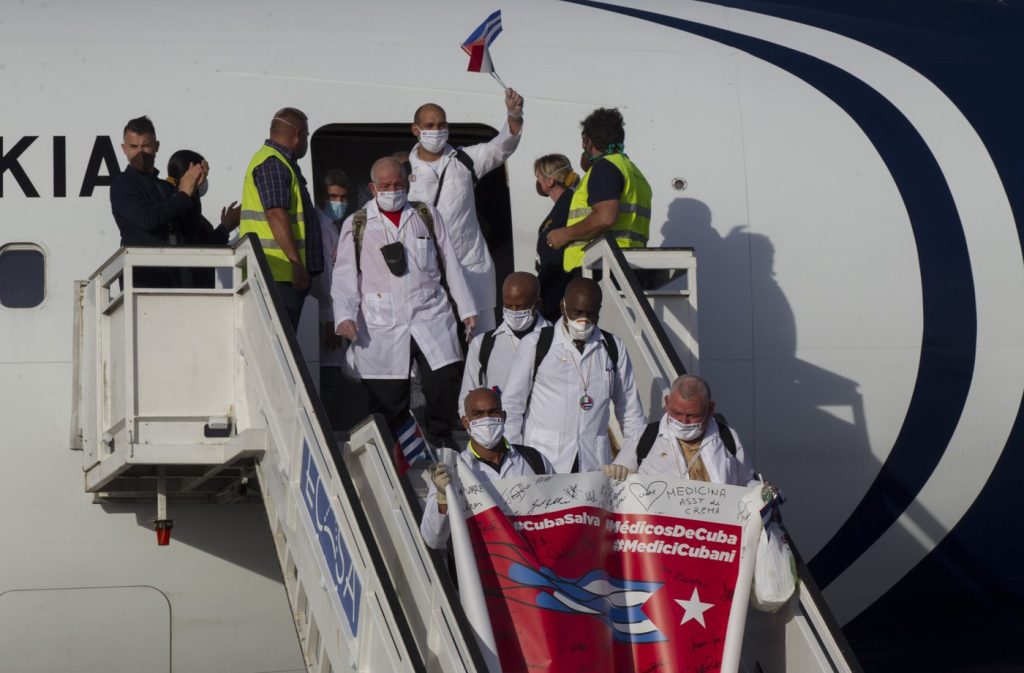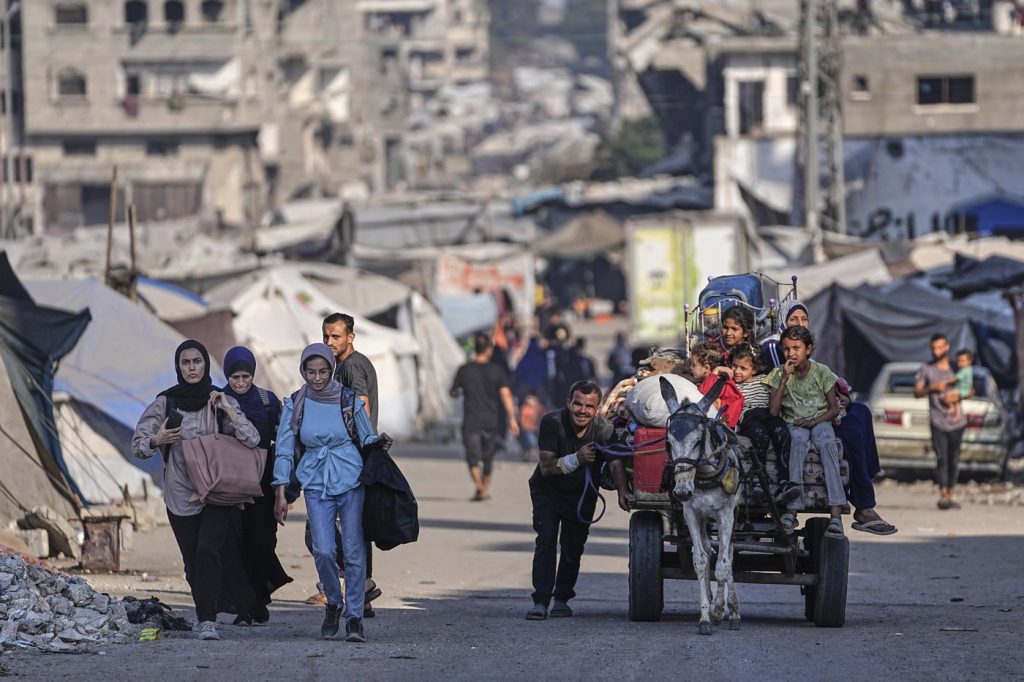DUBAI, United Arab Emirates (AP) – An Israeli airstrike on Tehran’s notorious Evin prison last week resulted in at least 71 fatalities, including prison staff, soldiers, inmates, and visitors. The death toll, confirmed by Iranian judiciary and human rights organizations, marked a grim milestone as tensions between Israel and Iran continue to escalate amidst a fragile ceasefire.
According to judiciary spokesperson Asghar Jahangir, the attack occurred on June 23, just prior to the ceasefire that took effect the following day. It specifically targeted multiple buildings within the prison, raising concerns from human rights advocates regarding the safety of inmates. The Washington-based Human Rights Activists in Iran reported that among the deceased were at least 35 staff members, two inmates, and a bystander who was in the area at the time of the strike.
In the wake of the attack, the situation in Evin prison drew widespread condemnation. Human Rights Activists in Iran criticized the Israeli action for violating the principle of distinction between civilian and military targets, especially given that the prison has long been viewed as a symbol of the Iranian regime's repression of dissent. The Israeli government justified the attack, stating that it aimed to strike “regime targets and government repression bodies in the heart of Tehran.”
The violence surrounding the Israeli strikes was part of a broader conflict that saw Israel claiming to have killed around 30 Iranian commanders and 11 nuclear scientists in the weeks leading up to the ceasefire, alongside damage inflicted on various military and nuclear sites. Over 1,000 individuals lost their lives during this period, with at least 417 identified as civilians, according to human rights organizations.
In response, Iran launched over 550 ballistic missiles at Israel, with most being intercepted. However, some missiles managed to strike their targets, resulting in 28 deaths. Both nations engaged in escalating rhetoric, with Iranian officials expressing distrust regarding Israel's adherence to the ceasefire.
Abbas Araghchi, Iran's foreign minister, accused the U.S. and Israel of initiating acts of aggression and sought international recognition of this claim. He insisted on the need for compensation and reparations following the airstrike. At the same time, criticisms arose within Iran directed at Tehran's authorities for their failure to protect and inform families of prisoners following the attack on Evin prison.
On June 24, officials verified the death of top prosecutor Ali Ghanaatkar, known for his role in the prosecution of political dissenters, including Nobel laureate Narges Mohammadi. His funeral attracted significant public attention, reflecting the complexities of the Iranian judicial system during this turbulent period.
Despite the ceasefire, doubts remain about its sustainability. Abdolrahim Mousavi, chief of staff for Iran's armed forces, voiced concerns regarding Israel's reliability, warning of preparedness for potential future attacks. The status of Iran’s nuclear program remains equally uncertain, with varying reports suggesting significant damage due to the strikes while some Iranian officials contest the extent of this damage.
Rafael Grossi, head of the International Atomic Energy Agency, conveyed that while severe damage was evident, comprehensive assessments were hindered by restrictions on inspector access. This ongoing volatility reflects the broader geopolitical tensions between Iran and Israel, indicating that the potential for renewed conflicts remains high.












